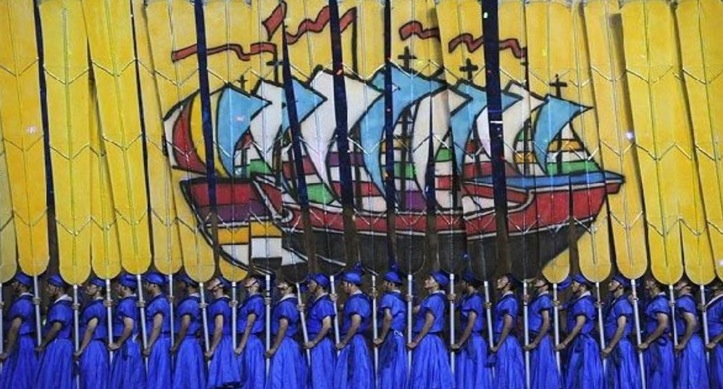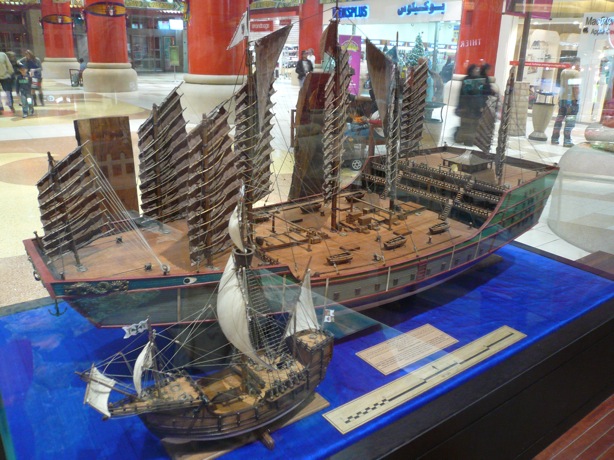Shaykh Ibn Uthaymeen
There are six conditions that a sacrificial offering (udhiyah) must meet:
The First Condition:
The sacrificial offering must be an animal from among cattle, which include camels and cows, or smaller livestock such as sheep and goats.
This is based on Allaah’s statement:
“And for every nation We have appointed religious ceremonies that they may mention the Name of Allaah over the beasts of cattle that He has given them for food.”
[Surah Al-Hajj: 34]
The term “beasts of cattle” refers to camels, cows, sheep and goats.
This definition is well known amongst the Arabs as stated by Al-Hasan, Qataadah, and others.
The Second Condition:
It must have reached the required age that is in accordance with the religious standards such as six-months for sheep and one-year and up for everything else.
The Prophet peace and blessings of Allah be upon him said:
“Do not slaughter any animal except for one that is mature in age unless that is difficult for you, in which case you may slaughter a premature one from among sheep.”
[Reported by Muslim]
[1]“Mature in age” is the age at which an animal is considered fully developed as well as any age beyond that, while “premature” is the age before that. With respect to a camel, a mature-aged one is one that has completed five years. With respect to a cow, a mature-aged one is one that has completed two years. A mature-aged sheep is that which is one-year old while a premature sheep is one that has competed half a year (up to one year).So based on this, it is invalid to slaughter a camel, cow, and goat if it is under its respective “mature” age as well as a sheep if it is under six months of age.
The Third Condition:
The animal must be free of any defect that would prevent its slaughter from being valid and acceptable.
These defects are of four types:
1. Clear defectiveness of the eye:
This is when the animal’s eye becomes sunken or it sticks out to the point that it looks like a knob or it becomes a pale white indicating clearly that it is one-eyed.
2. Clear illness:
This is when the animal exhibits signs of sickness, such as a fever that keeps it from grazing and causes a loss of appetite, or an obvious scabies infection that will spoil its meat and harm a person’s health (if he eats it), or a deep wound that threatens to affect its health and so on.
3. Clear limping:
This is when the animal is unable to step safely (without hurting itself) when walking.
4. Emaciation that causes brain loss:
This is based on what the Prophet said when he was asked about what types of animals one should avoid when sacrificing. He gestured with his hand and said:
“They are four:
The lame animal that clearly walks crookedly; the one-eyed animal that clearly has a defect in the eye; the sick animal that clearly has signs of illness; and the emaciated animal that is (usually) not picked.”
[2]This hadeeth was reported by Maalik in al-Muwatta from Al-Baraa’ bin ‘Aazib. In another version of this report narrated by Al-Baraa’ found in the Sunan collections, he said:
“The Messenger of Allaah stood up amongst us and said:
‘Four types (of animals) are not permissible to use as sacrificial offerings…’ and he went on to mention them.”
[3]So therefore if these four defects are found in an animal, they prevent its slaughter and sacrifice from being valid. This goes as well for any other defect that is similar to or worse than these, which means that it is also not valid to sacrifice the following types of animals:
1. A blind animal that cannot see with both its eyes.
2. An animal suffering from nausea until it releases its load and its harm is removed.
3. An animal that has been assisted in giving birth if natural delivery is difficult until the threat of danger is removed.
4. An animal afflicted by something fatal such as choking, falling from a high place, and so on until the threat of danger is removed.
5. A crippled animal, which is an animal that cannot walk due to a physical disability.
6. An animal with one of its front legs or back legs broken.So if these last defects are added to the four mentioned in the narrations, the types of animals that cannot be slaughtered become ten in total. There are these six types plus the animals that suffer from the four previously mentioned defects.
The Fourth Condition:
The sacrificial offering must be owned by the one slaughtering it or if not, he must have the right to slaughter it based on religious grounds or based on the approval of the animal’s owner. So if someone sacrifices an animal that does not belong to him, such as one that has been confiscated, stolen, or taken under false pretenses, such a sacrifice is not valid. This is since it is not permissible to draw near to Allaah by way of disobeying Him.It is also valid if an orphan’s guardian sacrifices an animal for him using his (i.e. the orphan’s) money if this is what the orphan is accustomed to and if his heart will be broken if one is not sacrificed.
[4] It is also permissible for a representative to perform the sacrifice using the funds of the person commissioning him with his permission.
The Fifth Condition: No other person’s right should be associated to the animal being slaughtered. So for example, it is not valid to sacrifice an animal that is being held as mortgage on a loan.
The Sixth Condition:
The animal should be slaughtered in the specific time-frame legislated in the Religion, which is from the time after the ‘Eid Prayer on the Day of Sacrifice
[5] until the sun sets on the last of the days of Tashreeq, which is the thirteenth day of Dhul-Hijjah.
So therefore, the days in which the sacrifice is permitted are four:
the day of ‘Eid, after prayer, and the three days after that (i.e. the days of Tashreeq).
So whoever performs the sacrifice before the end of the ‘Eid Prayer or after the sun sets on the thirteenth day (of Dhul-Hijjah), his sacrificial offering is not valid.
This is based on what Imaam Al-Bukhaaree reported from Al-Baraa’ bin ‘Aazib who narrated that the Prophet said: “Whoever sacrifice an animal before the (‘Eid) Prayer), it is just meat that he presents to his family and not a sacrificial offering at all.”
[6]Al-Bukhaaree also reported that Jundub bin Sufyaan Al-Bajlee narrated:
“I witnessed the Prophet say:
‘Whoever slaughters an animal before praying (the ‘Eid Prayer) should slaughter another animal (as sacrifice) in its place.’”
[7]Nubaishah Al-Hadhlee narrated that Allaah’s Messenger said: “The days of Tashreeq are days of eating, drinking and remembrance of Allaah.”
[Reported by Muslim]
[8]However, if one has a valid excuse for delaying the slaughter past the days of Tashreeq, such as if the animal runs away from him, due to negligence on his part, and he only finds it after the time-frame for slaughtering has passed.
Another example is if a person entrusts someone to slaughter the animal for him but that person forgets to do it until the time has passed. In situations such as these, there is no sin in slaughtering after the prescribed time-frame since there is a valid reason for the delay.This is also based on the analogy of it being similar to a person who sleeps passed the time of prayer or forgets to do it until its time passes, for he may pray it either when he wakes up or when he remembers.It is allowed to perform the sacrifice any time during the days of Tashreeq, whether day or night. However, slaughtering during the daytime is better, and doing it on the day of ‘Eid after the two khutbahs is better than that. Each day is better than the day that comes after it, in terms of performing the sacrifice, since that reflects one’s quickness and eagerness to carry out good deeds.
Footnotes:
[1] Saheeh Muslim: Book of Sacrificial Offerings (1963)
[2] Al-Muwatta: Book of Sacrificial Offerings (1)
[3] Sunan Abee Dawood: Book of Sacrificial Offerings (2802); Sunan at-Tirmidhee: Book of Sacrificial Offerings (1497); Sunan an-Nasaa’ee: Book of Sacrificial Offerings (4369); Sunan Ibn Maajah: Book of Sacrificial Offerings (3144); and Musnad Ahmad (4/300)
[4] Translator’s Note:
Perhaps the orphan is accustomed to the sacrifice because this was his experience with his parents before he lost them. So if this tradition that he used to partake in with his family is not kept, it will cause his heart to be broken.
[5] Translator’s Note:
The Day of Sacrifice, i.e. Yawm-un-Nahr, is the day of ‘Eid, while the days of Tashreeq are the three days that follow it.
[6] Saheeh al-Bukhaaree:
Book of Sacrificial Offerings (5545) and Saheeh Muslim: Book of Sacrificial Offerings (1961)
[7] Saheeh al-Bukhaaree: Book of Sacrificial Offerings (5562) and Saheeh Muslim: Book of Sacrificial Offerings (1960)
[8] Saheeh Muslim: Book of Fasting (1141)AUTHOR: Imaam Muhammad bin Saalih Al-‘UthaimeenSOURCE: Talkhees Ahkaam-ul-Udhiyah wadh-Dhakaat (pg. 12-16)
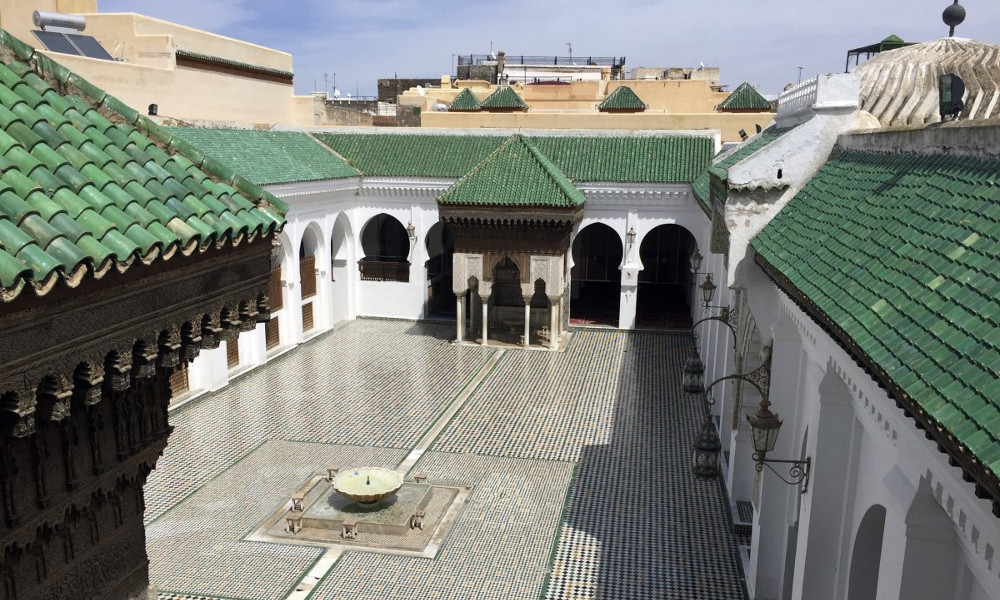
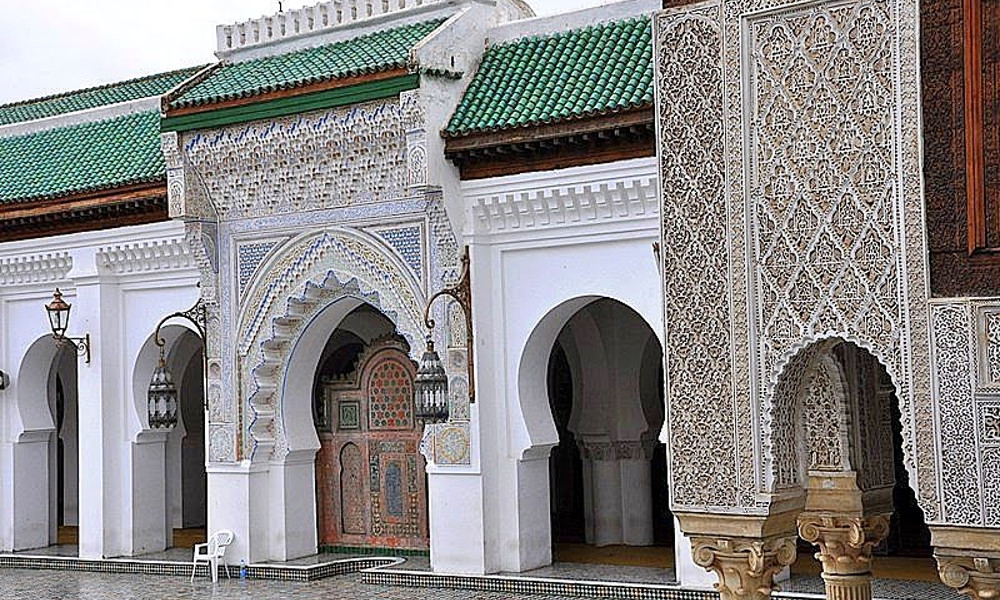
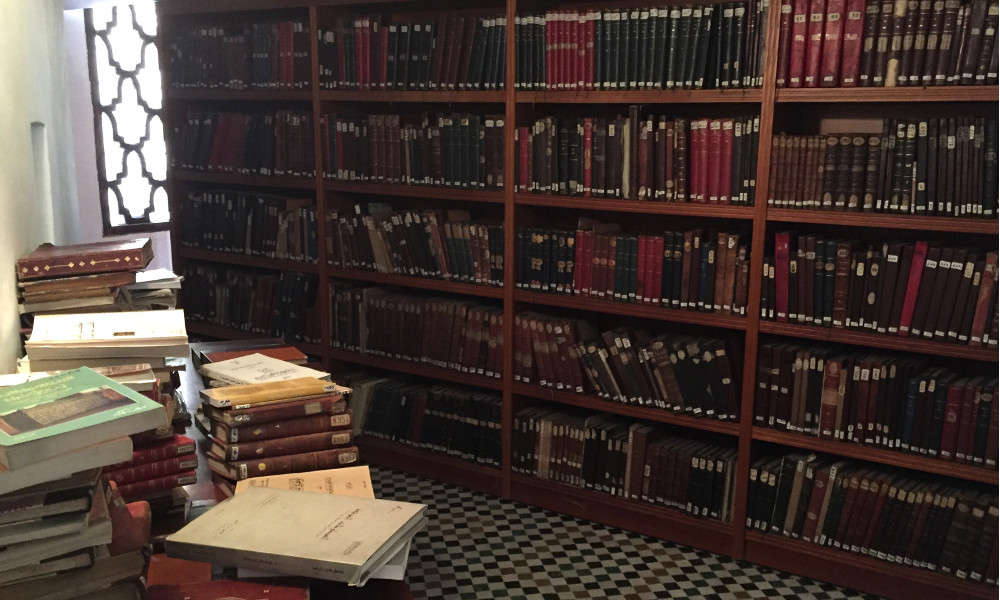 Photo Credit: qz.com
Photo Credit: qz.com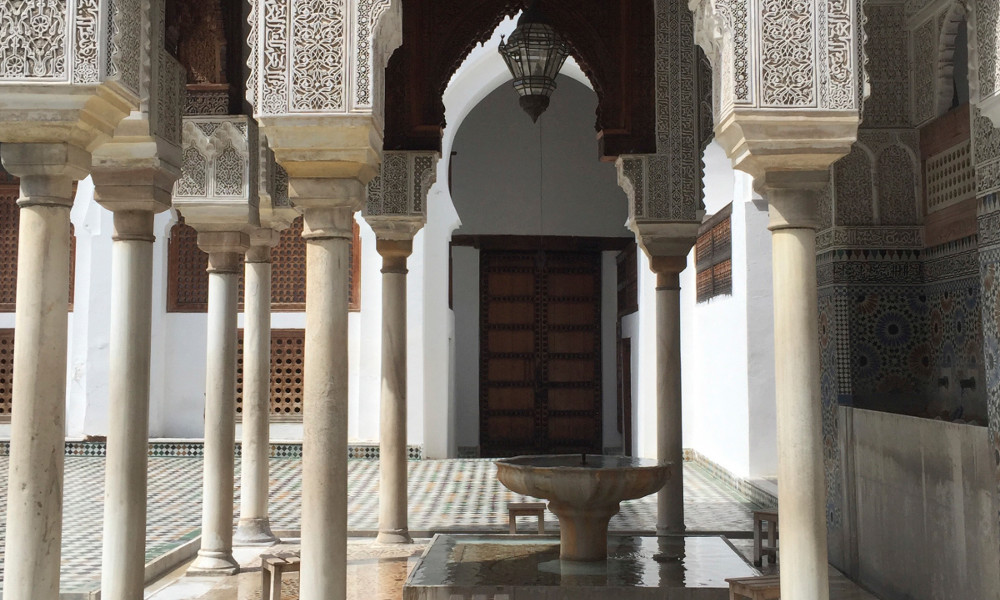 Photo Credit: techinsider.io
Photo Credit: techinsider.io
